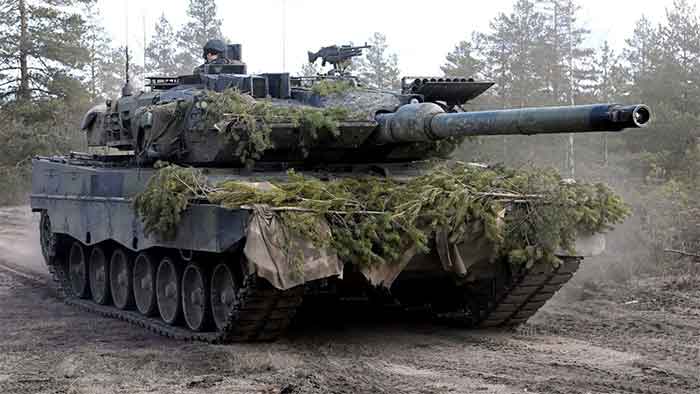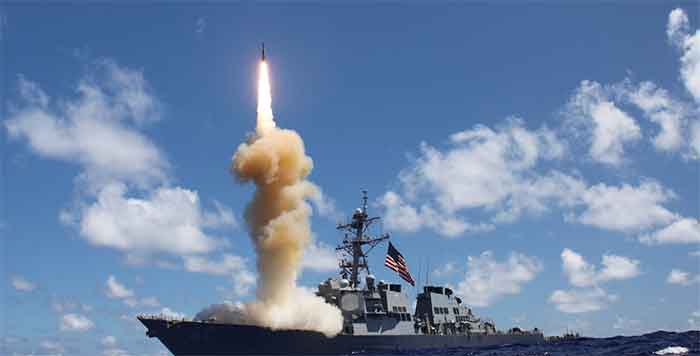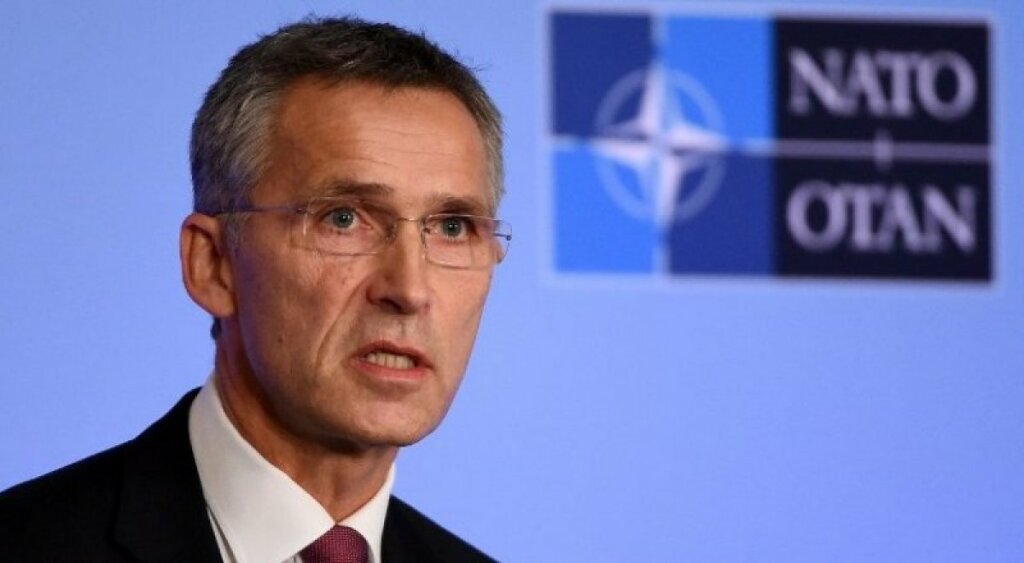On 4 April NATO completed 75 years. This is an appropriate time for questioning, particularly from the perspective of the peace movement, its role, relevance and continuation.

- A military alliance can only be justified if it protects against any big threat. Such a threat is difficult to point out after the break-up of the Soviet Union — for the last over three decades. True, China can be quite a bully to some of its neighbors, but there is hardly any chance of China being the one to initiate any attack on any NATO member.
- For all practical purposes NATO is under the predominant leadership of a country whose predominant aim is to continue to be the predominant power of the world and to use very aggressive means for achieving this aim. Hence other NATO members get tied more to this aggressive aim than to ensuring their protection.
- The most powerful NATO members are increasingly influenced by the military-industrial-political complex. Hence the aims of the NATO get unduly influenced in highly unethical and destructive ways in favor of forever wars due to the profit interests of a small number of persons, probably just 1 per cent of the total population of NATO countries, or perhaps even less.
- It is one of the most important requirements of creating a safer world that any direct confrontation involving the biggest nuclear weapon powers is avoided. This is complicated by the existence of NATO and military alliances like this.
- In particular the violation of earlier agreements to pursue relentless eastward expansion of NATO has greatly escalated the tensions between big powers and the present Ukraine conflict is closely related to this.
- Smaller member countries of NATO are not necessarily protected by NATO as in case of aggression against them the more powerful NATO members will weigh their own interests and options; there is no assured commitment on their part to enter into war with the aggressor to protect the small country. They may decide to help in other lesser ways, so that the small country faces a difficult situation. In fact NATO membership may provide an exaggerated sense of security to small countries due to which they may neglect improving relations with other neighbors, or may be unduly, unnecessarily hostile or provocative towards them. When small countries are drawn into big power conflicts by such military alliances, they may become the scenes of highly destructive wars, something which they can avoid by remaining neutral and non-aligned in big power rivalries.
- Thanks to NATO, most of Europe becomes tied to a one-dimensional future of remaining tied to the aggressive ambitions of the USA, instead of seeking a world role more in keeping with the objectives of world peace and safety.
- The actual role of the NATO in many countries has been mostly that of destruction instead of peace, leading to the avoidable death, due to direct and indirect impacts, of several hundred thousand innocent people, including women and children.
- Even many senior diplomats and statesmen of the USA have argued that NATO often involves the kind of overreach on the part of the USA which is not even in its own interests (particularly keeping in mind the unmet needs of millions of poorer US citizens), and it has used NATO in unnecessarily aggressive ways, against the better advice of these statesmen and other important NATO member leaders, as in the context of relentless eastward expansion of NATO.
- If NATO continues to be justified on false grounds, then this can also be used as a justification to promote other equally harmful military alliances in other parts of the world.
Bharat Dogra is Honorary Convener, Campaign to Save Earth Now. His recent books include Protecting Earth for Children, Planet in Peril, Man over Machine and A Day in 2071.















































